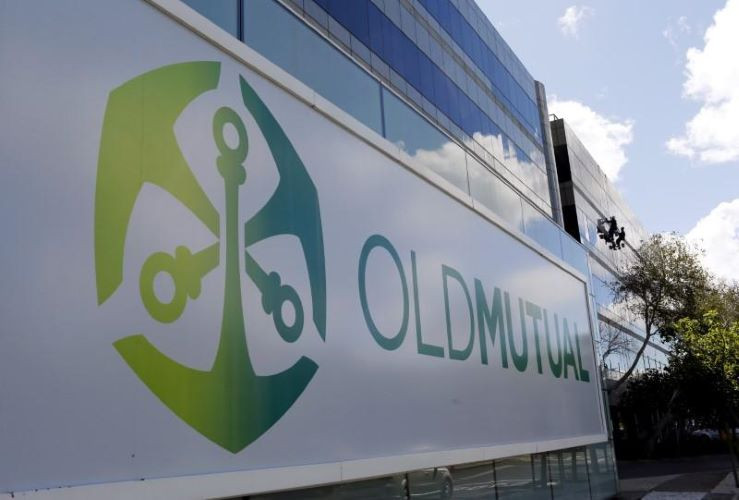
GOVERNMENT should come up with a local content store model that supports or exclusively sells locally manufactured commodities to accelerate industry revival and capacity utilisation, the Confederation of Zimbabwe Retailers (CZR), has said.
BY MTHANDAZO NYONI
Speaking on the sidelines of the official opening of the 24-hour retail chain Broadway Spar in Bulawayo last week, CZR president, Denford Mutashu said the government’s model of funding big manufacturers has failed and there was need for a change.
“What we want to do is to come up with a local content store model. A retailer that supports or that is exclusively selling locally manufactured commodities because we believe that is one of the ways that can also accelerate industry revival and capacity utilisation,” he said.
Mutashu said industry needs to go a notch higher in terms of what they are doing.
Currently, industry is operating at 47% capacity utilisation, but that is not enough, especially when we are approaching a year after promulgation of Statutory Instrument 64, Mutashu said.
“They are actually doing a disservice if I may call it, because, by now, we should be noticing rigorous drive in terms of resuscitation of local industry and even manifestation of other start-ups,” he said.
“Because this focus, for example, when I was speaking with the Indian ambassador to Zimbabwe, he tells me that in India, for example, they approach has changed.”
- Chamisa under fire over US$120K donation
- Mavhunga puts DeMbare into Chibuku quarterfinals
- Pension funds bet on Cabora Bassa oilfields
- Councils defy govt fire tender directive
Keep Reading
Mutashu said in India they were looking at starting it from the bottom, from the periphery going into the central business district. He said they are saying it is easier to fund a $5 000 business and fund more of those ones than to focus on one entity that has been run down through corruption and thieving.
“..but they are still seeking government or Reserve Bank of Zimbabwe or whoever authority or investor to come through and pour $1 million that they will also misappropriate. So we are saying that the model has to change,” Mutashu said.
“Government has to look at going out there, growth points, shopping centres, communal shopping centres, where they can actually establish start-ups, manufacturing units. We need people to be manufacturing bar soaps in Murambinda. We need people to be manufacturing bar soaps in Mtshabezi there….”
This, he said, was the model that would see an accelerated economic development because it ensures that there are more employers, who will also create more jobs.
In India, Mutashu said, they do not give one business more than $20 000.
“It’s more than enough. We are saying retailers must focus even on running their retail business but alongside that at those shopping centres, where there is hive retail activity, we need small-sized manufacturing units that will be feeding into the those retailers. So that localised focus on development I think it helps because you have got assured market,” he said.











